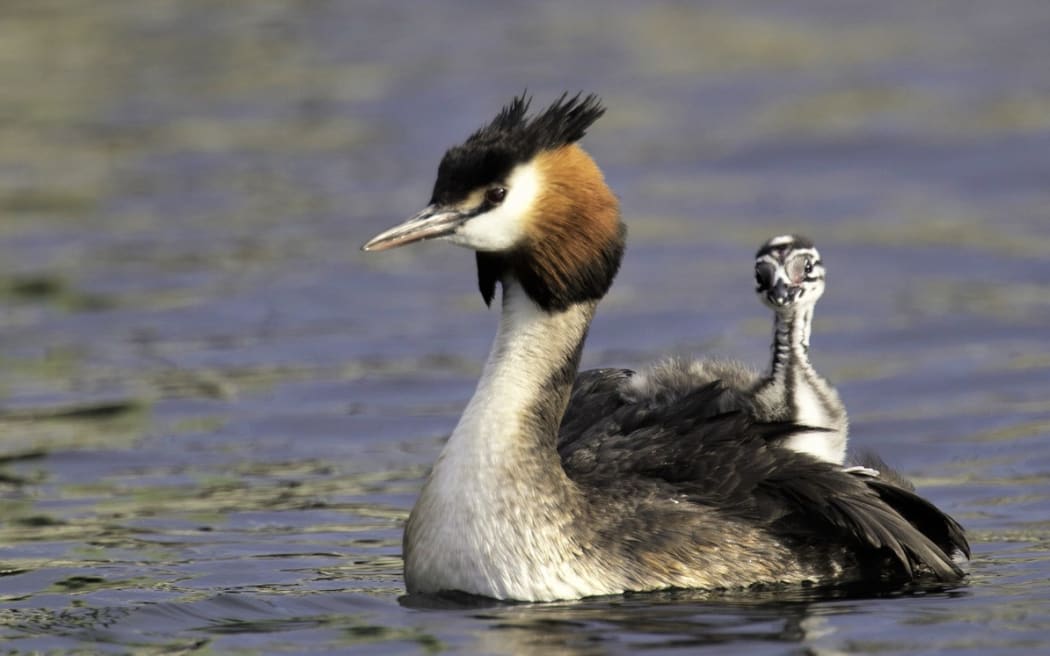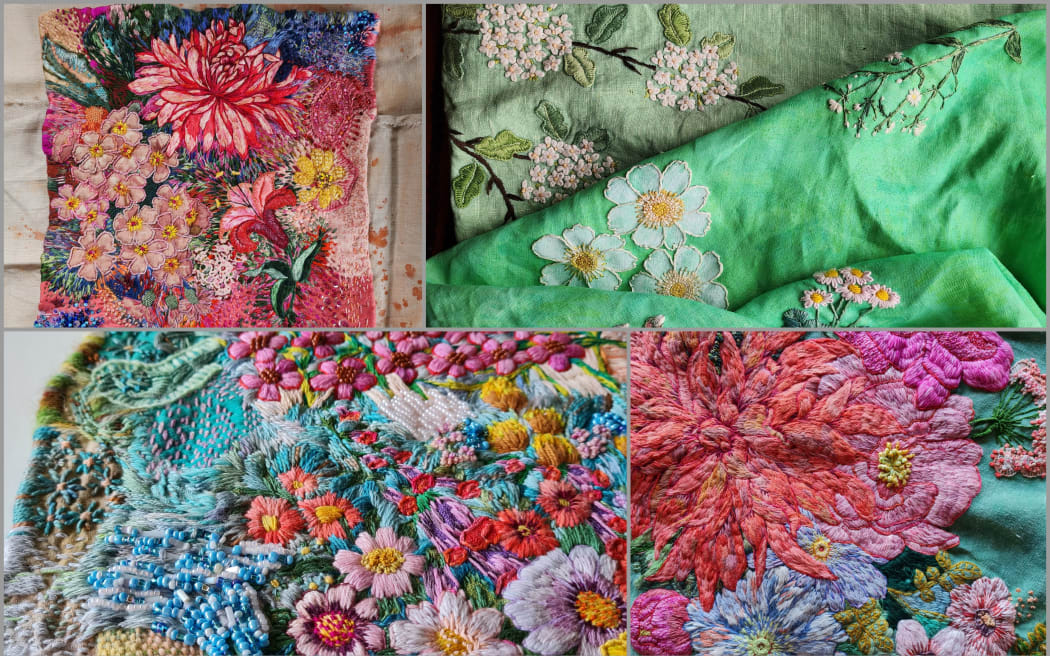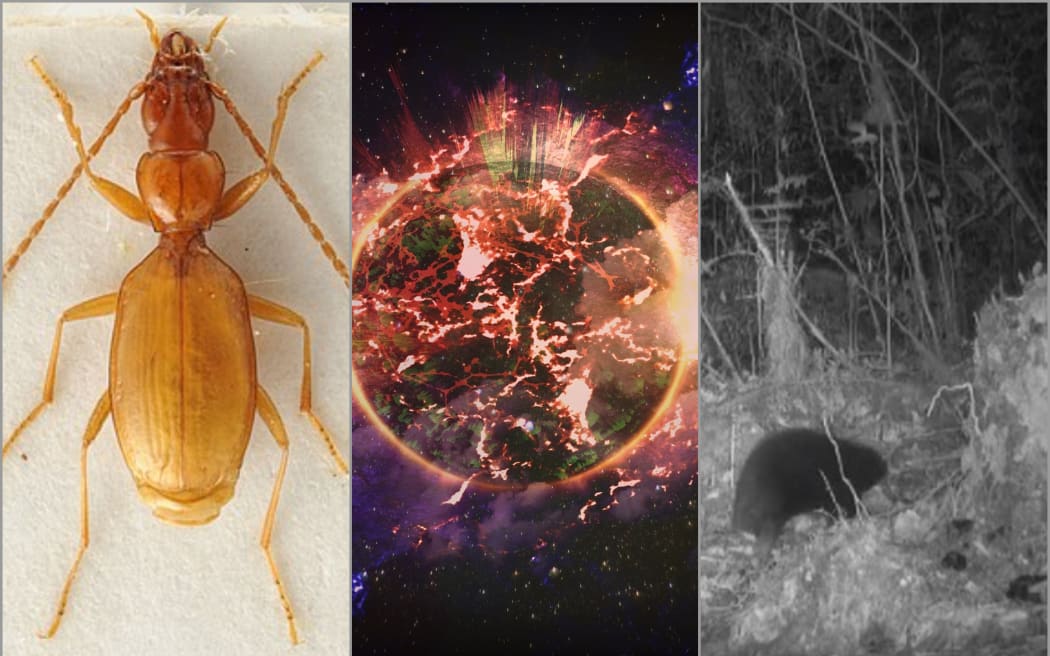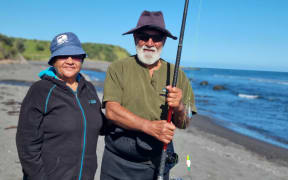Nine To Noon for Wednesday 15 November 2023
09:05 Matter of principle: Leaders of small schools are being paid less than their staff
Some principals of small schools are being paid less than their deputies or senior teachers - and they fear the situation will put educators off stepping into senior roles. How much a principal is paid depends on how big their school roll is, but for principals at primary schools with under 150 students - of which there are 862 - this can mean they're being paid less than some of their staff. That's because they're not eligible for Management Units, which compensate for extra duties and responsibilities. Kathryn discusses with Jane Corcoran, she's a representative of NZEI Te Riu Roa - the union representing principals - and Caro Wills, who took a $12,000 pay cut to step up to her role of principal at Mākara Model School in Wellington.

Photo: 123RF
09:25 Detecting and stemming spread of animal diseases to humans

Photo: AFP / Science Photo Library
Seventy percent of all new emerging pathogens in human health come from animal habitats, and zoonotic diseases such as coronaviruses and bird flu are increasing. The pathogens may be bacterial, viral or parasitic and can spread to humans through direct contact with the host animal, or through food, water or the environment. Sometimes with fatal consequences. All the vet schools in Australasia recently came together with vet schools from 8 Asian countries and other organisations in the region to improve veterinary epidemiology education. This included free eLearning modules developed by APCOVE - which is a University of Sydney led Asia Pacific Consortium. The training package is designed to help vets and animal handlers detect, and be active in preventing infectious diseases identified in the field before they get to the pandemic point. Professor Naomi Cogger from Massey University Vet school is a member of APCOVE.
09:35 Bird of the Century winner announced

The Australasian Crested Grebe has won The Bird of the Century Photo: Dave Thomas
The results are in for the Bird of the Century, with the winner announced as Pūteketeke - the Australasian Crested Grebe. This years result had to be delayed after a massive influx of hundreds of thousands of votes from around the world temporarily crashed the online voting website. This came after British-American comedian and television host, John Oliver, launched a campaign in support of the Pūteketeke. The attention is a welcome from conservationists, as the Crested Grebe is one of New Zealand's rarest birds, considered nationally vulnerable. John Darby is an avid champion of the puteketeke - having worked tirelessly to help save the population.
09:45 Australia: Gaza protests, asylum seekers released, PM travel criticised

Anthony Albanese's travel schedule for the year is attracting some attention. He's seen here at an announcement about AUKUS in San Diego in March. Photo: AFP
Australia correspondent Annika Smethurst joins Kathryn to talk about the protests around the country over the situation in Gaza, the release of 80 asylum seekers from detention after a High Court ruling, criticism of the travel miles being racked up by Prime Minister Anthony Albanese and a byelection will be held this weekend in the seat being vacated by Victoria premier Dan Andrews.
Annika Smethurst is political editor at The Age
10:05 Life inside the Exclusive Brethren Church and life outside, living free

Photo: Harpercollins.co.nz
Excommunicated from the Exclusive Brethren Church, Craig Hoyle has carved out a future in the media after leaving the church 14 years ago. He is now the Sunday Star Times Chief News Director and has also worked in television and radio newsrooms. His success in the media world is a far cry from his restrictive upbringing, attending a Brethren-only school in Invercargill and then working in his family's tyre shop. Craig Hoyle's memoir, Excommunicated catalogues his life as part of a multigenerational Exclusive Brethren family, essentially separated from society. His homosexuality was unacceptable to the church and he was shunned by his family.
10:35 Book review: The Future by Naomi Alderman

Photo: HarperCollins
Catriona Ferguson reviews The Future by Naomi Alderman published by HarperCollins
10:45 Around the motu: Robin Martin in Taranaki
The New Plymouth District Council has held its first public workshop after the Ombudsman reprimanded local authorities for holding too many secret meetings. Peter Boshier said excuses such as allowing elected members a "safe space" to ask "silly questions" did not stand up to scrutiny. Waka Kotahi is putting on hold hundreds of millions of dollars of funding for projects designed to reduce New Zealand's emissions through encouraging walking, cycling and the use of public transport. Robin looks at the implications for New Plymouth's proposed cycleway. And hundreds of fishers from around the country chased the elusive 'big one' at one of the nation's largest surfcasting competitions in Taranaki at the weekend.

Ruby and Laurie Te Kahika. Photo: RNZ / Robin Martin
RNZ's Taranaki reporter, Robin Martin
11:05 Music: The popularity of the 11 o'clock song

Images from La La Land, A Star is Born, The Greatest Showman. Photo: IMDb
Music correspondent Kirsten Zemke looks at the phenomenon of the "11 o'clock number" - the theatre term for a big, show-stopping song. The Broadway power-ballad was typically played late in the second act of a two-act musical - usually around 11pm. Kirsten will talk about the defining aspect of the songs, and how the convention is still present today.
Kirsten Zemke is an ethnomusicologist at the University of Auckland's School of Social Sciences.
11:20 Artist Fleur Woods on bringing flora to life through thread

Photo: Ariana Leilani Photography
Some artists use paint. Others pencil or plaster. Fleur Woods' chosen medium is wool, cotton and beads. The contemporary fibre artist creates handstitched paintings and original art with a strong floral theme. Fleur works from her studio in the relatively remote Upper Moutere area of Tasman District, and will feature as part of the new TV series Shepherdess on Sky Open TV. She also has a new book out called The Untamed Thread. She talks to Kathryn about how embroidery is undergoing a renaissance.

Photo: Fleur Woods
11:45 Science: Bug name trouble, element creation and echidna rediscovered

Photo: Wikipedia, Pixabay
Science correspondent Allan Blackman looks at a new debate among zoologists about whether it's time to change scientific names that are now problematic - like the Hitler beetle or the Trump moth. Astronomers have witnessed the creation of rare heavy elements in the aftermath of a collision between two neutron stars that were booted out of their home galaxy about a billion light years away - it's helping fill some gaps on where our elements come from. And a long-beaked echidna named after Sir David Attenborough has been captured on film for the first time in 60 years.
Allan Blackman is a Professor of Chemistry, School of Science, Auckland University of Technology.









